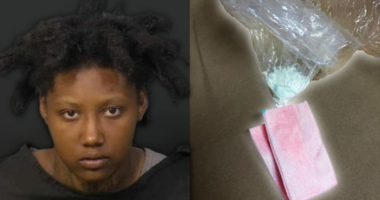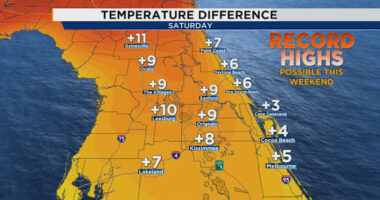Share this @internewscast.com

(NewsNation) — Jurors involved in the trial of Sean “Diddy” Combs have been directed to continue deliberations for an additional day as they have not achieved unanimity on a racketeering charge.
Combs faced one charge of racketeering conspiracy, alongside two charges of sex trafficking and two charges involving transportation for the purpose of prostitution. While a verdict was reached on the other charges, jurors informed the judge that they were at an impasse with some jurors being “unpersuadable on both sides” regarding the racketeering charge.
The jurors were expected back on Wednesday to continue further deliberations in hopes of reaching a verdict on that charge.
What is RICO?
The Racketeer Influenced and Corrupt Organizations Law, commonly known as RICO, was enacted in 1970. It permits prosecutors to bring criminal charges against individuals or groups involved in related criminal activities over time with the intent of financial gain.
RICO was originally aimed at the Mafia, but prosecutors have used it to attack many forms of organized crime, including street gangs, cartels, corrupt police departments and even politicians.
To violate RICO, a person must engage in a pattern of racketeering activity connected to an enterprise. There are 35 offenses defined by the law as constituting racketeering, including gambling, murder, kidnapping, arson, drug dealing and bribery. To charge under RICO, at least two predicate crimes within 10 years must have been committed through the enterprise.
An “enterprise” is defined as including any individual, partnership, corporation, association or other legal entity, and any union or group of individuals associated with the criminal activity. The criminal RICO statute provides for prison terms of 20 years and financial penalties.
Combs has pleaded not guilty to all charges against him.








